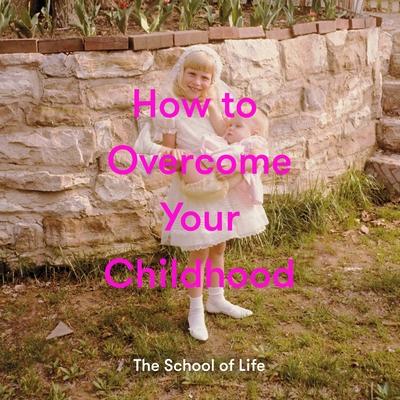As we try to navigate the complexities and anxieties of adulthood, considering our childhoods can feel like a daunting task. They happened so long ago; we can probably barely remember, let alone relate to, the little person we used to be. But one of the most powerful explanations for why we struggle as adults is that we were denied the opportunity to fully be ourselves as children.
Whether our parents or caregivers were strict disciplinarians, overly fragile, or distant and preoccupied, the way we were taught to act as children deeply influences how we behave as adults. We might have assumed the role of caregiver, become people pleasers, or learned to tell lies to protect ourselves, burying our true needs and desires deep underground.
When we thoroughly examine our upbringings, the larger implications for our adult selves become clear. Once we understand the roots from which our flaws stem, we can begin to correct the harmful behaviors we mistakenly believe to be innate.
This book is a guide to better understanding our younger selves in order to shape who we wish to be today. It explores to what extent we can pin our actions in the present to our experiences in the past, and how we can break free from the learned patterns of our childhoods.
- CONSTRUCTIVE ADVICE for moving on from our childhoods.
- DRAWING FROM THE PSYCHOLOGICAL teachings of Sigmund Freud, Melanie Klein and Donald Winnicott.
- EXPLORES POPULAR CONCEPTS such as "The Golden Child," splitting, and emotional inheritance.
- UNLEARN PROBLEMATIC CHILDHOOD HABITS to improve our current emotional condition.
